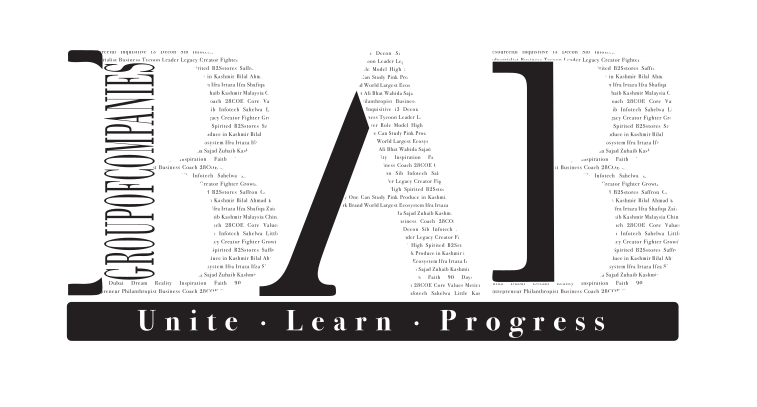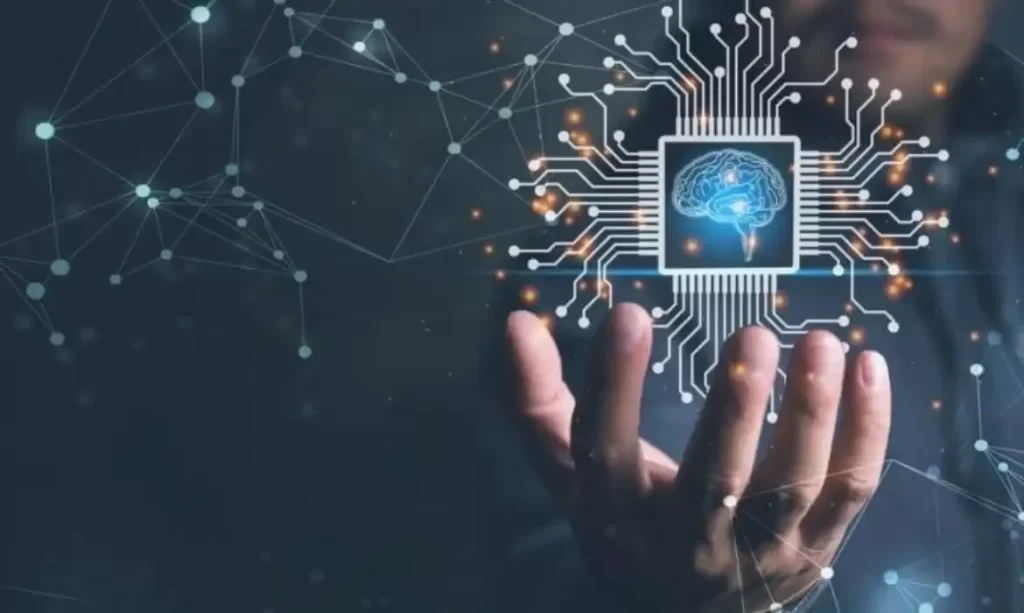In today’s digital age, the integration of artificial intelligence (AI) into marketing automation has revolutionized the way businesses engage with their customers, personalize experiences, and streamline marketing processes. From predictive analytics to chatbots and machine learning algorithms, AI-driven marketing automation offers a wealth of opportunities for businesses to optimize their marketing strategies and drive growth. In this comprehensive guide, we will delve into the fundamentals of AI, explore the concept of marketing automation, discuss the benefits of using AI in marketing, and provide practical insights on leveraging AI tools for marketing automation.
Understanding Artificial Intelligence (AI):
Artificial intelligence (AI) refers to the simulation of human intelligence processes by machines, particularly computer systems. AI encompasses various technologies and techniques that enable machines to analyze data, learn from experience, make predictions, and perform tasks that typically require human intelligence. Here are some key areas where AI has made a significant impact:
Healthcare: AI-powered medical diagnostics, predictive analytics for patient outcomes, and personalized treatment recommendations.
Finance: Fraud detection, algorithmic trading, risk assessment, and personalized financial advice.
Retail and Ecommerce: Product recommendations, personalized shopping experiences, demand forecasting, and inventory optimization.
Manufacturing: Predictive maintenance, quality control, supply chain optimization, and autonomous robotics.
Transportation: Autonomous vehicles, route optimization, traffic management, and predictive maintenance for fleets.
Marketing and Advertising: Customer segmentation, predictive analytics, chatbots, personalized content recommendations, and marketing automation.
What is Marketing Automation?
Marketing automation refers to the use of software tools and technologies to automate repetitive marketing tasks, streamline workflows, and deliver personalized experiences to customers. Marketing automation platforms enable businesses to create, schedule, and manage marketing campaigns across multiple channels, such as email, social media, SMS, and website interactions.
Key Benefits of Using AI in Marketing Automation:
Integrating AI into marketing automation offers a wide range of benefits for businesses seeking to enhance their marketing efforts and improve customer engagement. Here are some key reasons why you should consider using AI in marketing automation:
Enhanced Personalization: AI algorithms analyze customer data, behavior patterns, and preferences to deliver personalized content, product recommendations, and offers tailored to individual customers, leading to higher engagement and conversions.
Predictive Analytics: AI-powered predictive analytics can forecast customer behavior, identify trends, anticipate market changes, and optimize marketing strategies for better ROI and performance.
Improved Customer Insights: AI tools provide deep insights into customer demographics, psychographics, purchase history, interactions, and sentiment analysis, enabling businesses to understand their target audience better and make data-driven decisions.
Automation of Repetitive Tasks: AI-driven automation streamlines marketing workflows by automating tasks such as email scheduling, lead nurturing, segmentation, A/B testing, and reporting, saving time and resources for marketing teams.
Real-Time Customer Engagement: AI-powered chatbots and virtual assistants can engage with customers in real time, answer queries, provide support, recommend products, and guide them through the sales funnel, enhancing the overall customer experience.
Scalability and Efficiency: AI-driven marketing automation scales seamlessly with business growth, handles large volumes of data, optimizes campaign performance, and adapts to evolving market trends and customer preferences.
6 Ways to Use AI in Marketing Automation:
Personalized Content Recommendations: Leverage AI algorithms to analyze customer data and behavior to deliver personalized content recommendations, product suggestions, and relevant offers based on individual preferences and interests.
Predictive Lead Scoring: Use AI-driven predictive analytics to score leads based on their likelihood to convert, prioritize high-value leads, and automate lead nurturing campaigns tailored to each segment’s needs and engagement level.
Dynamic Email Marketing: Implement dynamic content in email campaigns using AI to personalize subject lines, email copy, images, and CTAs based on recipient data, previous interactions, and segmentation criteria for higher open and click-through rates.
Chatbot Assistance: Integrate AI-powered chatbots into your website, social media platforms, and messaging apps to provide instant customer support, answer FAQs, qualify leads, schedule appointments, and drive conversions through interactive conversations.
Behavioral Targeting: Utilize AI algorithms to track user behavior across digital channels, segment audiences based on their online actions, preferences, and engagement metrics, and deliver targeted ads, promotions, and recommendations to the right audience segments.
Predictive Customer Journey Mapping: Use AI-driven analytics to map out the customer journey, identify touchpoints, predict future interactions, anticipate customer needs, and optimize marketing strategies at each stage of the buyer’s lifecycle for seamless experiences.
AI Tools in Marketing Automation:
Customer Data Platforms (CDPs): CDPs leverage AI and machine learning to unify customer data from multiple sources, create comprehensive customer profiles, segment audiences, and enable personalized marketing campaigns across channels.
Marketing Automation Platforms: AI-powered marketing automation platforms offer features such as predictive analytics, lead scoring, dynamic content, behavioral targeting, and automated workflows to streamline marketing operations and drive ROI.
Chatbot Platforms: AI-driven chatbot platforms use natural language processing (NLP) and machine learning to build conversational bots that engage with customers, provide instant support, qualify leads, and automate routine tasks.
Predictive Analytics Tools: Predictive analytics tools leverage AI algorithms to analyze historical data, identify patterns, predict future outcomes, and optimize marketing strategies for better performance, ROI, and customer satisfaction.
Content Personalization Engines: AI-driven content personalization engines analyze user behavior, preferences, and context to deliver relevant, personalized content recommendations, product offers, and experiences across digital touchpoints.
CRM Systems: AI-enhanced CRM systems utilize machine learning to analyze customer interactions, predict sales opportunities, automate lead nurturing, track customer journeys, and optimize marketing campaigns based on data-driven insights.
Conclusion:
AI-driven marketing automation empowers businesses to unlock the power of data, personalize customer experiences, automate repetitive tasks, and drive business growth. By leveraging AI tools and technologies, businesses can gain a competitive edge, improve customer engagement, and achieve marketing goals with greater efficiency and effectiveness. Incorporate AI into your marketing automation strategy to stay ahead of the curve, maximize ROI, and deliver exceptional experiences that resonate with your target audience.


Pingback: Harnessing the Power of Artificial Intelligence: Strategies to Boost Efficiency and Growth - SIB Infotech
Pingback: Leveraging Artificial Intelligence to Enhance Efficiency: A Guide by AdMission - admission.education
Pingback: Harnessing Artificial Intelligence: The Path to Efficiency and Growth - Global Ghanaian Chamber
Pingback: Ways to Increase Efficiency and Grow with Artificial Intelligence (AI) - Global Business Network
Pingback: Unlocking Potential: Ways to Increase Efficiency and Grow With Artificial Intelligence (AI) -